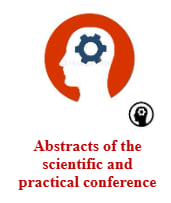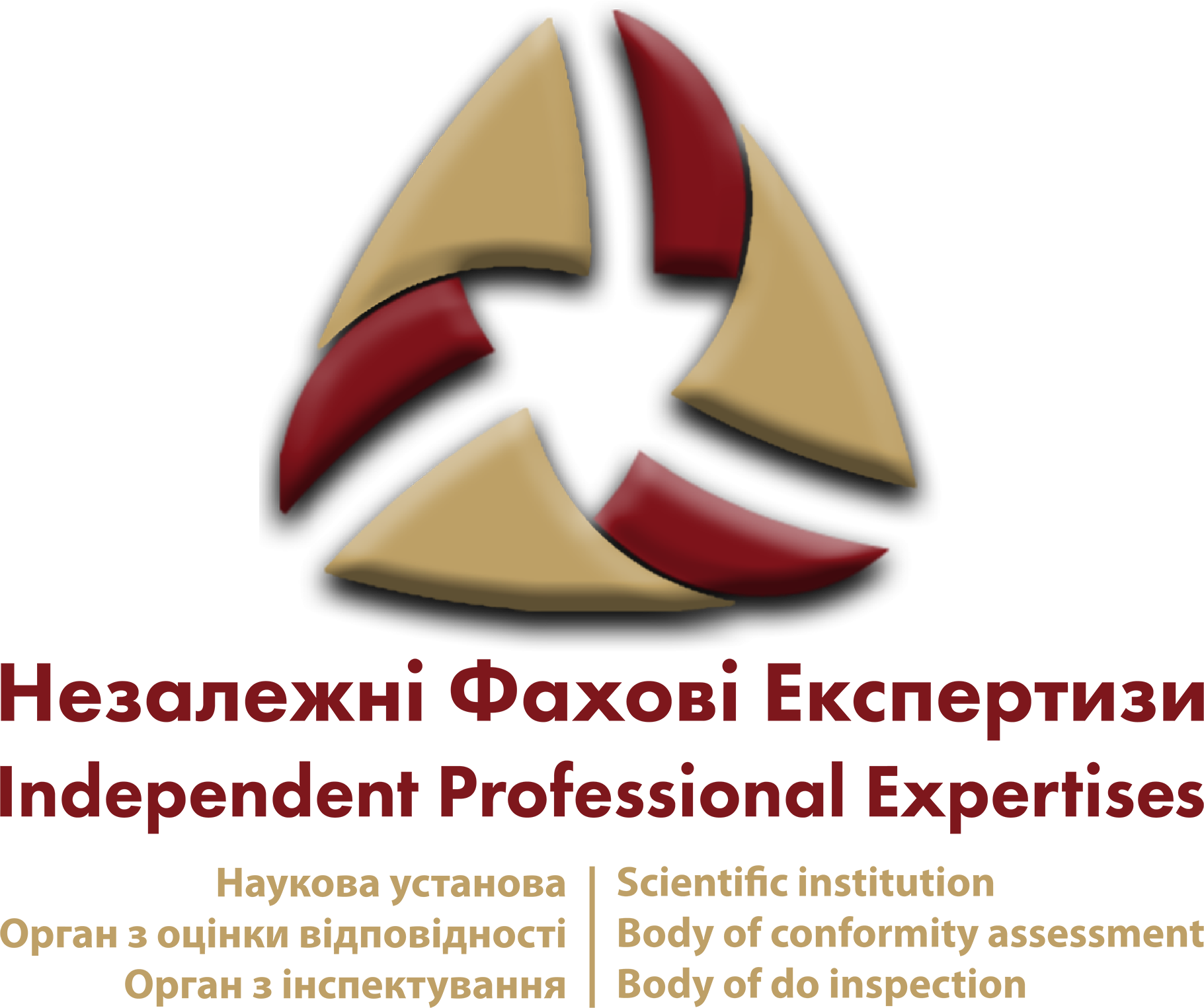| Romanovska L.А., Candidate of Law, Director, Chief Research Fellow in the field of jurisprudence at IPE LLC, https://orcid.org/0009-0004-6306-6936 Theory and practice of modern science: collection of scientific papers «SCIENTIA» with Proceedings of the VII International Scientific and Theoretical Conference, May 24, 2024. Kraków, Republic of Poland: International Center of Scientific Research. (Р.49-50). |
Generalised theses.
According to the provisions of DSTU EN ISO/IEC 17020:2019 (EN ISO/IEC 17020:2012, IDT; ISO/IEC 17020:2012, IDT), the responsibility of the inspection body for impartiality (clause 4.1.2), independence (clause 4.1) and confidentiality (clause 4.2.1) is outlined. These requirements are the guiding principles that the conformity assessment body and its experts should follow in their activities.
Independence consists in ensuring by the inspection body such conditions for the activities of experts, under which the decision on the results of the inspection/conformity assessment (independent professional expertise) is in no way influenced by any circumstances other than legal or technical ones.
Impartiality excludes the possibility of any external influence on the expert conclusion resulting from the inspection/conformity assessment (independent professional expertise), both from the conformity assessment body and from the involved (experts’ actions) or interested parties.
It is with regard to this principle of activity that the requirements of DSTU EN ISO/IEC 17020:2019 (EN ISO/IEC 17020:2012, IDT; ISO/IEC 17020:2012, IDT) oblige the inspection body to regularly identify risks to its impartiality that may arise as a result of its activities or as a result of its relationships or relations with personnel (clause 4.1.3). If a risk to impartiality is identified, the inspection body must be able to demonstrate how it eliminates or minimizes this risk (clause 4.1.4).
Confidentiality of information obtained during the performance of activities consists in ensuring the customer’s ownership rights to the results of inspection/conformity assessment (independent professional expertise) paid for by him and non-dissemination of information about the customer or other participants in legal relations and objects related to the order, with exceptions when the information: (1) is subject to announcement in accordance with the legislation of Ukraine; (2) is generally known at the time of its transfer, including published or such that became known to an unlimited number of persons in the absence of the fault of the conformity assessment body; (3) is already known to other persons or such that became known during the commission of certain actions by the customer (during negotiations, added to the materials of the court case, etc.).
The result of the inspection/conformity assessment (independent expert examination) must be objective, i.e. such that a competent (responsible) person can make an appropriate decision, if necessary, specialized legal and/or special knowledge. The principle of objectivity is to establish the result on the basis of an investigation using specialized legal and/or special knowledge. According to the requirements of clause 5.2.6 of DSTU EN ISO/IEC 17020:2019 (EN ISO/IEC 17020:2012, IDT; ISO/IEC 17020:2012, IDT), the inspection body must have one or more designated persons who, in the absence of any technical manager responsible for the current inspection activities, will replace him. In our opinion, inspection/conformity assessment (independent professional expertise) should be carried out by at least three professional experts (a group of experts), among whom the types of work aimed at obtaining an objective result are clearly distributed. In the group of experts, one should be appointed as a technical manager and, according to the distribution of types of work, carry out the inspection of the generalized result, the other two should directly conduct the expert study and summarize the results obtained. The technical manager of the group is appointed by an expert who has a higher scientific degree and confirmed professional competence in accordance with the established requirements by the conformity assessment body. It is the inspection/conformity assessment (independent professional expertise), which is carried out by a group of experts, that excludes the subjective influence on the results of the study of an individual specialist and, on the contrary, ensures its objectivity.
The principle of legality is present during inspection/conformity assessment (independent professional expertise) and consists in the experts fulfilling the requirements of the legislation in accordance with their content.
Thus, based on the analysis conducted, the main principles of inspection/conformity assessment (independent professional expertise) were identified, their content was revealed, and an understanding of the appropriateness of their application was provided.











